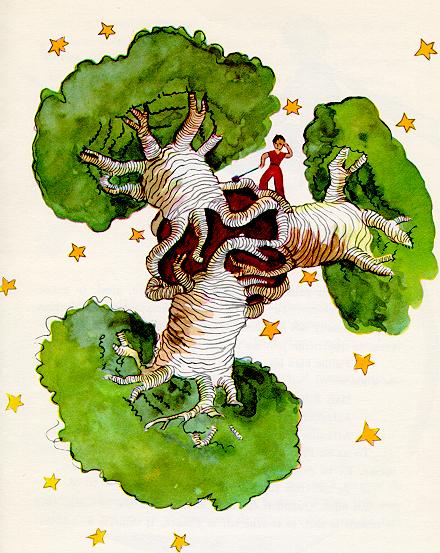My hunch is yes, because of how successful English agrarian capitalism was early on… but likely more slowly?
The imperialist (ie late colonialist) relationship at the very least substantially defines the current capitalist system. It doesn’t seem possible for the conditions that exist now to arise any other way.
As far as whether or not capitalism in any form would ever develop in a world without colonialism, it’s hard for me to say considering my limited knowledge. A couple things to consider though:
Profit for business, ie extraction of additional value over competing firms, is essentially only decided by labor cost—materials and technology end up costing everyone about the same at scale. Labor exploitation would be obvious in a society that cannot use imperialism to export economic burdens and obfuscate social relationships. This clear opposition between worker and capitalist could prevent capitalism from arising or maybe only lead to a capitalism similar to ours but with a significantly shorter lifespan.
I’m majorly spitballing and hopefully someone more knowledgeable about early capitalist history/development will share their perspective.
interesting thoughts
I dunno. This question seems like idealist worldbuilding fanfic, detached from historical materialism.
I’m asking because I wondered if dependence on colonial wealth could inform an argument that capitalism is historically contingent, that it was possible for there not to be capitalism
I see. I’ve heard arguments that colonialism was a necessary factor in capitalism’s development, but I haven’t read enough yet to be fully convinced. I’m convinced that it was a major, major factor, like the enclosure of the commons was. You might argue that it was the incipient stages of capitalism—mercantilism—that allowed for expensive & somewhat risky seafaring ship trade that is closely tied to colonialism. I’m not sure at what point to wind the clock back to and what to tweak such that feudalism evolves into something other than capitalism.



